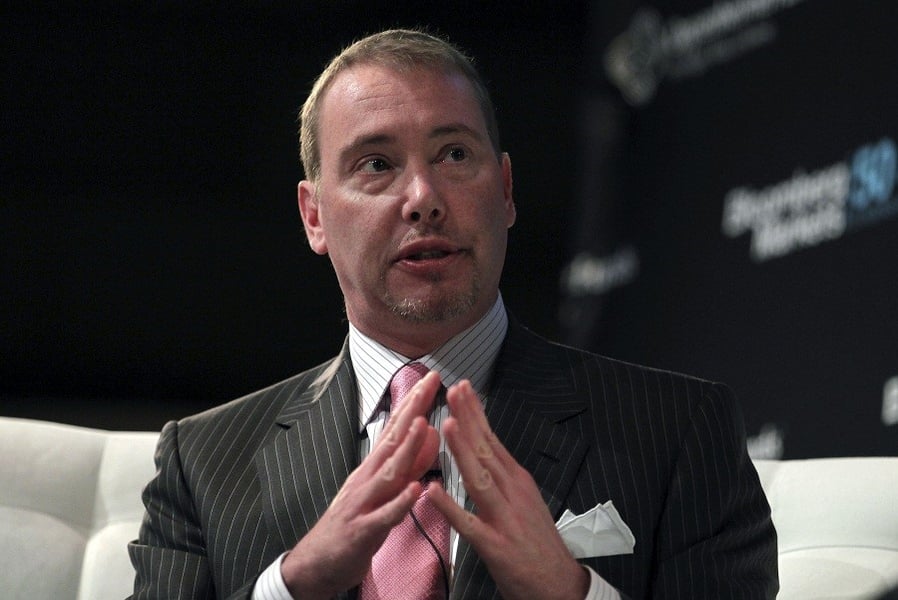Defaults are likely to accelerate in parts of the high-yield debt market as the economy faces low oil prices and the coronavirus pandemic, fund manager Jeffrey Gundlach said.
“If oil stays below $30, which it looks like it has a good chance of doing given the economic situation, you’re going to have en masse defaults in parts of the high-yield bond market and you can see that the oil sector is certainly pricing that in,” Mr. Gundlach said on a webcast Tuesday.
Ratings companies are also beginning to downgrade debt, a trend that’s only going to increase as spreads widen, he said. “The downgrades should be coming fast and furious.”
Credit markets have been unsteady as the coronavirus outbreak and the plunge in oil prices have threatened to dent companies’ profits. Distressed companies have watched the financial lines they were counting on slip from their grasp and prospective lenders have had to adjust to a world dominated by the possibility of a recession.
[More: Fixed-income ETFs caught in bond market's liquidity trap ]
Speaking on the webcast for his $56 billion DoubleLine Total Return Bond Fund, Mr. Gundlach said that it’s too early to get back into the market, but that the buying time is approaching.
“I would be keeping powder dry,” he said. “But I’ve actually been getting less negative on the stock market last Friday, yesterday and today.”
Mr. Gundlach put the chances of a recession in the next year as high as 90%. He also said that the U.S. national debt will likely to grow to $30 trillion in two or three years as spending explodes in response to the virus crisis.
[More: How the COVID-19 sell-off compares with previous market slides]
Mr. Gundlach also said that the Trump administration’s plan to provide financial assistance to keep businesses afloat may lead to graft and spur resentment if Wall Street benefits more than Main Street.
“Once you start giving cash to businesses and business groups, I can’t even imagine the level of graft that can go on in that system,” he said.
Among his other comments:
-- The current liquidity problem will make buybacks all but impossible, which means one of the “pillars” of the stock market is disappearing.
-- Gold will ultimately hit a new high, Mr. Gundlach said. But he isn’t big on gold miners right now and used the strength in the last several days to sell out of the VanEck Vectors Gold Miners ETF.
DoubleLine Total Return, which focuses mostly on mortgage-backed securities and avoids corporate debt, returned 2.4% this year through Monday, outperforming 87% of its peers, according to data compiled by Bloomberg. Its five-year average return is 3.4%, beating 84% of competitors. Los Angeles-based DoubleLine oversaw about $155 billion as of the end of February, mostly in fixed-income assets.
[More: Upside-down world of negative rates coming for U.S. savers]







